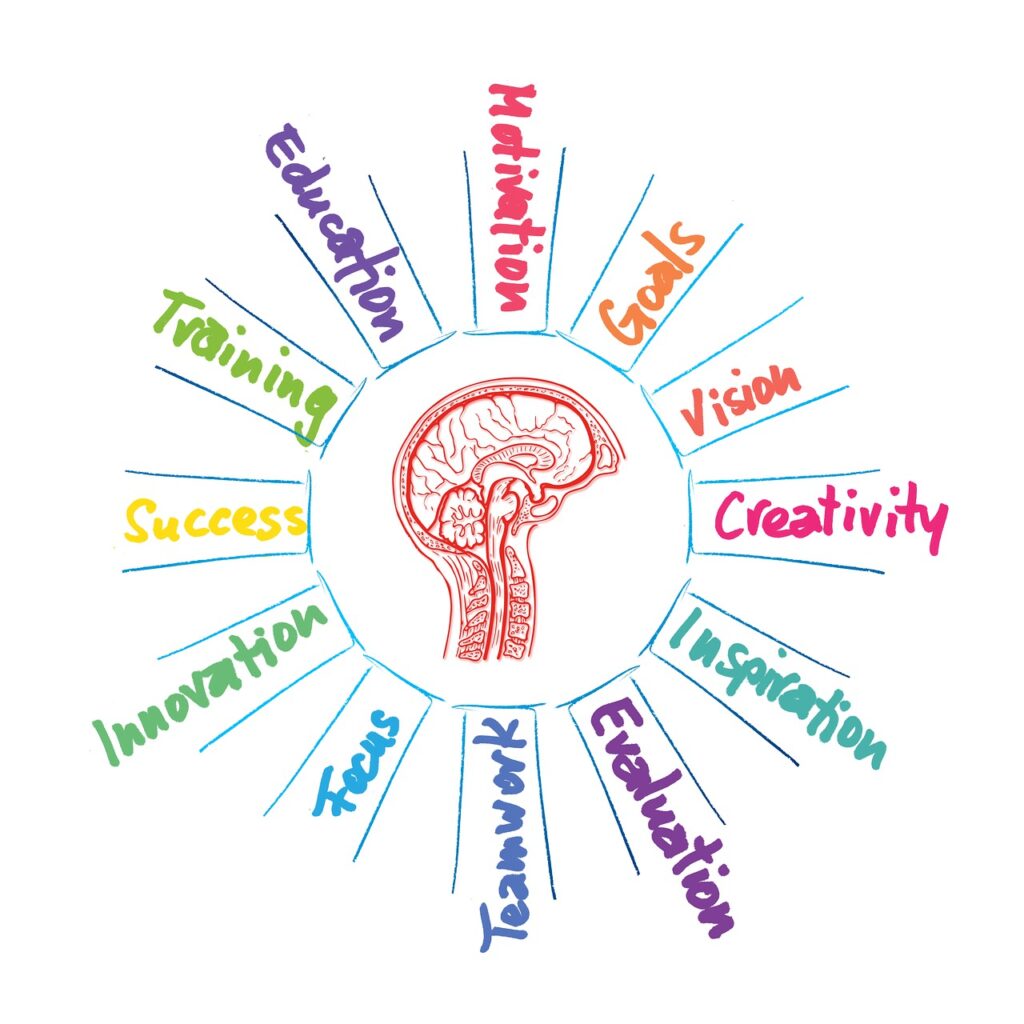
10-Cultivating Entrepreneurial Life Skills Systematic Activities
Entrepreneurship is a dynamic sector that needs a blend of business knowledge, problem-solving skills, and ability. It is critical to nurture and improve potential entrepreneurs’ “10-Cultivating Entrepreneurial life skills” to prepare them for success. Engaging in Systematic Activities that focus on developing these abilities can be a powerful method to cultivate an entrepreneurial attitude and improve an individual’s ability to detect opportunities and deal with problems. In this post, we will look at several entrepreneurial system life skills exercises that might assist young brains in developing and honing their entrepreneurial talents.
What does Life Skills Mean?
Life skills are a combination of talents and information that help people to successfully handle the obstacles and demands of daily life. These abilities are necessary for personal growth, well-being, and success in a variety of areas of life, including school, job, relationships, and general self-sufficiency. Life skills include a wide spectrum of talents, such as social, emotional, cognitive, and practical abilities.
Life skills are frequently formed as a result of a mix of formal education, personal experiences, and exposure to a variety of social and cultural environments. Educational programs and interventions may also be designed to explicitly improve life skills to better prepare individuals for the problems they may face in many facets of their lives

10-Cultivating Entrepreneurial Life Skills through Systematic Activities
1. Idea Generation Sessions:
Conducting regular idea-generation sessions sparks creativity and encourages out-of-the-box thinking. Allow aspiring entrepreneurs to brainstorm ideas, discuss potential business opportunities, and explore different perspectives. Establishing an environment that nurtures innovative thinking in a structured manner sets the foundation for entrepreneurial success.
2. Business Simulation Games:
Business simulations provide hands-on experiences that allow aspiring entrepreneurs to practice their decision-making skills in a controlled environment. It simulates real-life scenarios, including managing finances, making strategic choices, and dealing with market fluctuations. These games offer a safe space to test ideas and understand the intricacies of running a business.
3. Pitch Competitions:
Organizing pitch competitions enables young entrepreneurs to refine their presentation skills while also receiving valuable feedback. These competitions encourage participants to develop concise and compelling pitches, showcasing their ideas to potential investors or customers. Regularly participating in such events helps build confidence and enhances the ability to effectively communicate the value of their venture.
4. Problem-Solving Challenges:
Engaging in problem-solving activities develops critical thinking and adaptability, crucial skills for entrepreneurs. Design challenges where participants are faced with real-world problems and tasked with finding innovative solutions. Encourage them to think creatively, analyze the problem from various angles, and develop practical strategies to address the issue at hand.
5. Entrepreneurial Internships or Shadowing:
Collaborating with local businesses or entrepreneurs to provide internships or shadowing opportunities allows aspiring entrepreneurs to gain firsthand experience. By immersing themselves in entrepreneurial environments, they can observe and learn from established business owners, understand different aspects of running a venture, and gain insights into the challenges and rewards of entrepreneurship.
6. Collaborative Projects:
Encourage group projects that require cooperation, teamwork, and the ability to delegate tasks effectively. This mirrors the collaborative nature of entrepreneurship, where successful ventures often emerge from partnerships. By participating in collaborative projects, aspiring entrepreneurs develop their leadership skills, learn the art of compromise, and enhance their ability to work effectively within a team.
7. Financial Awareness Exercises:
Interactive activities focusing on financial literacy and business finance aid in developing financial management skills. Teach participants about budgeting, managing cash flow, and examining financial statements. Simulating scenarios where they must make financial decisions in a business context helps nurture responsible financial practices.
8. Networking Events:
Organize networking events where aspiring entrepreneurs can interact with experienced professionals, potential mentors, and fellow entrepreneurs. Encourage them to initiate conversations, ask meaningful questions, and forge connections within the entrepreneurial community. Networking events can provide valuable insights, guidance, and potential collaborations.
9. Mindfulness and Resilience Exercises:
Entrepreneurship is sometimes fraught with disappointments and difficulties. Incorporate mindfulness and resilience exercises into entrepreneurial system life skills activities to assist participants in developing emotional intelligence, stress management strategies, and the capacity to recover from failure. These activities improve self-awareness, well-being, and the mental toughness required to tackle challenges.
10. Reflection and Feedback Sessions:
Provide regular opportunities for participants to reflect on their progress, evaluate their strengths, and identify areas for improvement. Conduct feedback sessions where they receive constructive criticism and guidance from mentors or experienced entrepreneurs. Encourage open discussion and foster a growth mindset, emphasizing the importance of continuous improvement and learning.
Promoting development of entrepreneurial skills of youth in…
Conclusion:
Entrepreneurial system life skills activities play a pivotal role in equipping young individuals with the tools and mindset required for entrepreneurial success. By engaging in a variety of activities that focus on creativity, problem-solving, communication, and resilience, aspiring entrepreneurs can develop a well-rounded skill set. Incorporate these activities into educational programs, workshops, or extracurricular initiatives to foster a culture of entrepreneurship and empower young minds to turn their innovative ideas into successful ventures.









